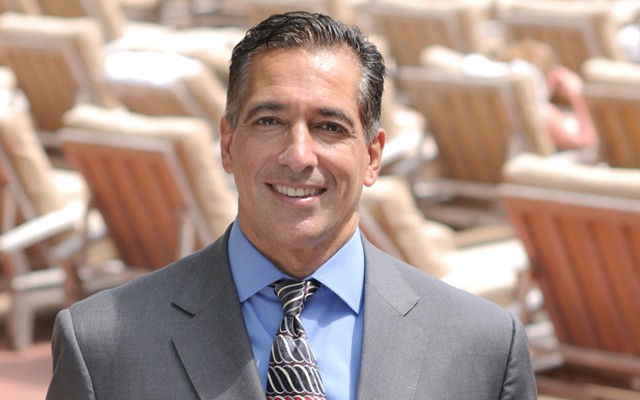A couple of weeks into 2013 I was talking with a colleague about New Year’s resolutions, Life Time’s big Commitment Day event (www.CommitmentDay.com) and the various projects we were both envisioning next. She asked me what kinds of commitments I had on deck for the New Year. I thought about it a moment and half jokingly replied: Not to make any new commitments.
The more I think about that possibility, though, the more I like it. Because the truth is, I have commitments from 2012 that I’m still deeply invested in getting closure on. And one of those commitments (which I’ve been steadily working on for more years than I care to admit) is about creating a little more balance in my life.
If you were to ask me for a single word that describes something essential to all types of success — in life, health, business, finance, relationships — “balance” would be it.
The challenge with balance, of course, is not so much in talking about it, but in achieving it and maintaining it over time. And the precursor to that challenge is identifying what it means to us, personally.
When problems arise in a given sector of our lives, it’s often a sign that an imbalance is present: We’re mono-focused on work, or we’ve lost professional passion. We’re being overly generous with our time, money and other resources, or we’ve gotten downright selfish. We’re exercising too much, or not enough. We’re obsessing about a relationship, or ignoring it.
If we pause long enough to really look at any one area of our lives, we can generally do a pretty good job evaluating whether it feels appropriately balanced. It may be as simple as asking: Is this part of my life rife with problems, or is it headed in a direction that doesn’t seem sustainable? Given even a cursory review, most such imbalances will stand out like a burned-out letter on a neon sign.
We can then look across all these areas and ask, is there balance between them? Is my career totally dialed in at the expense of my health, which is currently getting a busy signal? Am I so focused on perfecting my own life that I’m tuned out to what’s going on around me — with my family, community and the world at large?
Successfully doing this kind of analysis requires a deep level of self- knowledge, because you must know and be comfortable with what “balanced” is for you.
Each of us is wired differently, from our values and priorities right down to our DNA. So the significant amount of time and energy one person devotes to, say, his very ambitious fitness program — even if it cuts into the time he has to devote to his career — may be perfectly appropriate for him, and totally wrong for someone else.
The level of financial cushion it takes to create peace of mind for one person may be 10 times as much as it takes for a less money-focused or more risk-friendly person to feel he or she is rolling in clover.
This is why it rarely works to compare our lives, our bodies, our achievements with anyone else’s: One person’s imbalance is another person’s bliss.
That said, I do think the people around us can be good bellwethers with regard to the areas of our lives that need attention. Assuming we care about the well-being of those in our midst, we’re likely to experience a certain level of discomfort as the result of seeing our imbalances create pain for them. Which means, to some extent, that this whole question of balance and overcommitment must be regarded at the macro level, too.
Even if we’re passionately interested in one thing, even if we’re determined to give “our all” to a certain area of our lives during a given time, we must still remember to be cognizant of the long-term costs and potential collateral damage — not just to our own lives, but to the lives of those around us.
It’s often said that no one on his or her deathbed looks back and says, “I wish I had spent more time at the office.” I think it’s also true that few people look back and wish they’d cared less or loved less or given less in relation to much of anything that really mattered to them.
The quality of our lives is a reflection of the investment we make in crafting them to our liking. So if there’s an imbalance in your life, make a commitment to correcting it. And if you know you’ve already overcommitted, make rejiggering and negotiating those commitments your first priority for the year.


This Post Has 0 Comments